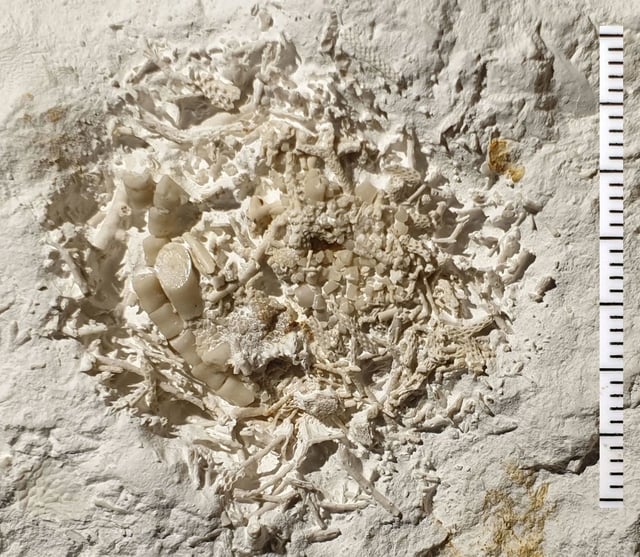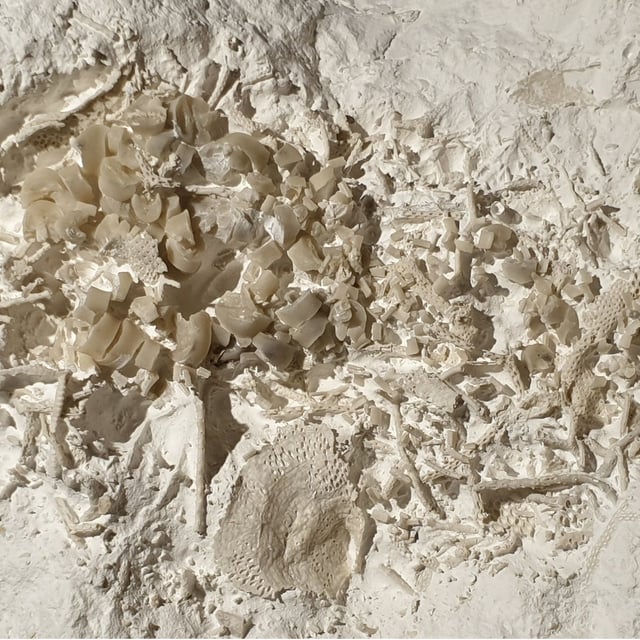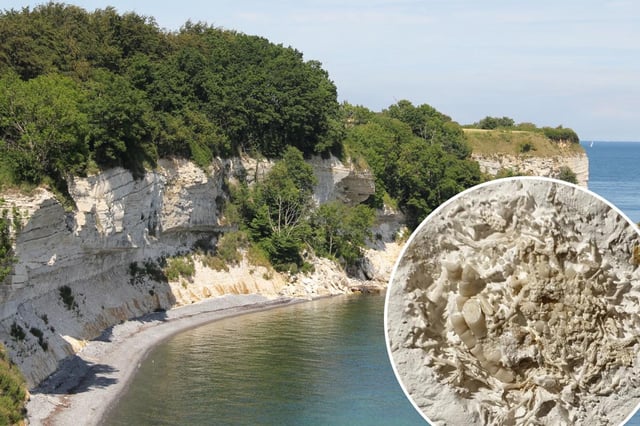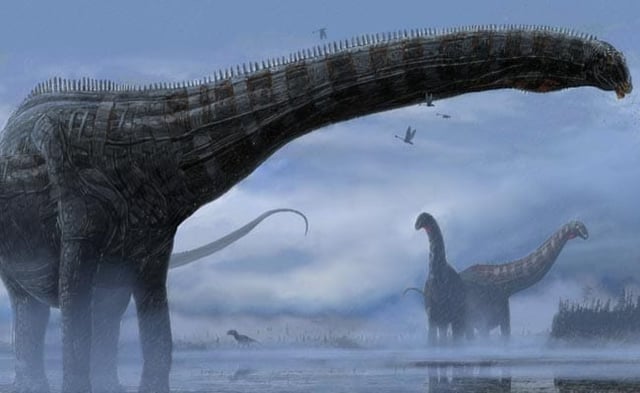Overview
- Amateur fossil hunter Peter Bennicke discovered the fossilized vomit at the UNESCO-listed Cliffs of Stevns in eastern Denmark.
- The fossil, known as regurgitalite, contains remains of two species of sea lilies, likely regurgitated by a prehistoric fish or shark 66 million years ago.
- Experts say the discovery sheds light on predator-prey relationships and food chains in the Cretaceous sea, a time when dinosaurs still roamed the Earth.
- The vomit fossil has been classified as a Danish natural treasure, or 'Danekræ,' and will be displayed at the Geomuseum Faxe during the winter holidays.
- This unusual find highlights the importance of regurgitalites in reconstructing ancient ecosystems and understanding prehistoric marine life.



